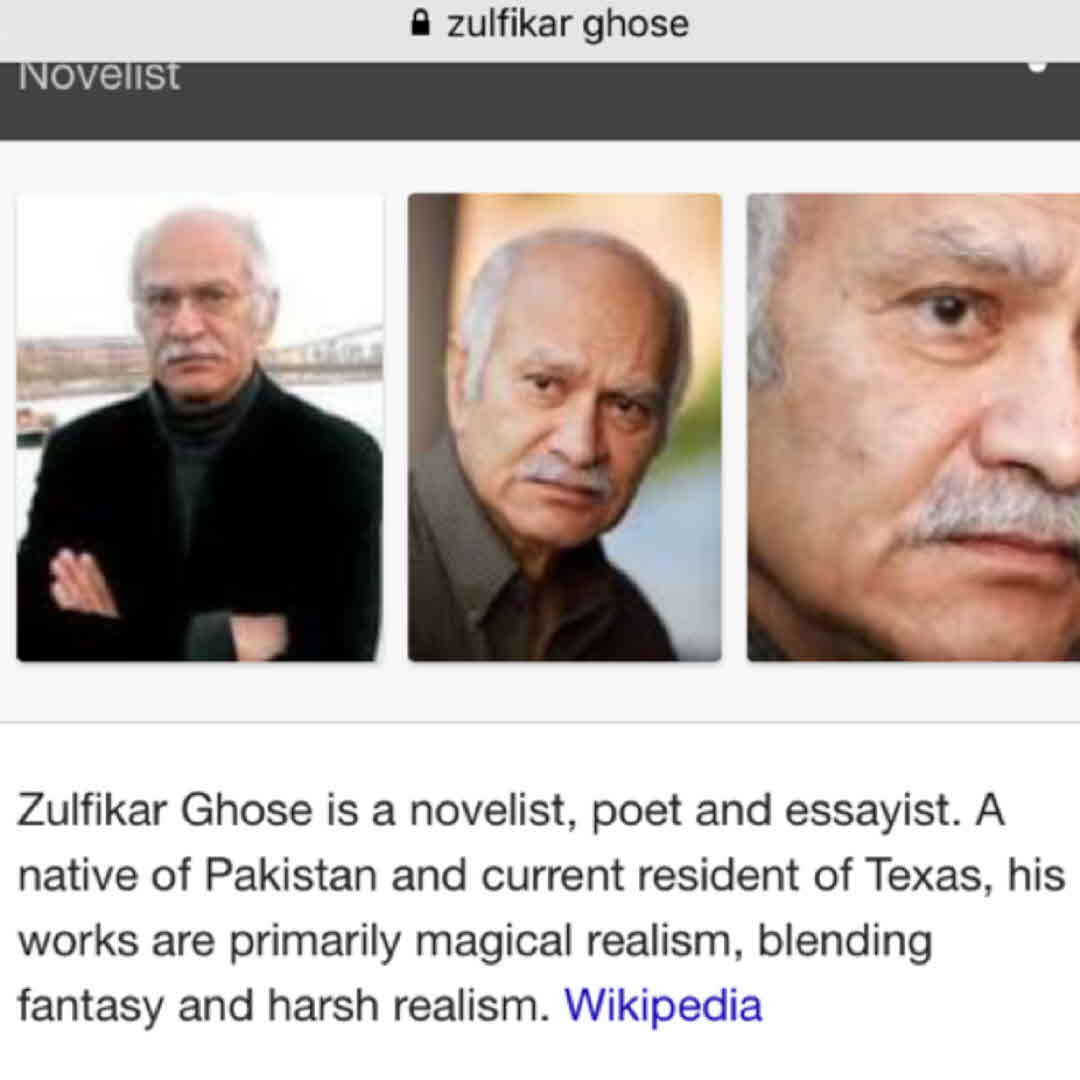Zulfikar Ghose: The Lost Son of the Punjab | Mansoor Abbasi
In 1963, Zulfikar Ghose received a special award from the E. C. Gregory Trust that was judged by T. S. Eliot, Henry Moore, Herbert Read and Bonamy Dobr�e. A year earlier, in an issue devoted to the newly emerging Commonwealth literature, the Times Literary Supplement featured Zulfikar Ghose as the most prominent poet from the former British colonies by conspicuously printing three of his poems spread across half a page. By the time he was featured in The Review of Contemporary Fiction, Ghose had been accorded major status as a writer of international repute: the editors of The Review of Contemporary Fiction noted that �Zulfikar Ghose has both ranked with and outranked several of the best English language writers in England and America,� and went on to present him as �a unique figure in contemporary literature,� whose �evolution across languages and national boundaries� was comparable to Conrad, Nabokov and Beckett. In spite of receiving such notable attention, Ghose has remained a marginal presence and, in fact, an �untouchable,� among writers accorded a world-class status. Of the several reasons suggested for Ghose�s marginalization by scholars of world literature and post-colonial studies, the most significant one is that his oeuvre resists categorisation. For Ghose, to use Proust�s phrases, �Quality of language and the beauty of an image are the heart of great writing.� Ghose�s work is full of meditative reverberations and has a fastidious style that scintillates the reader�s mind with its brilliance. His genius lies in the construction of a language that is lyrical and full of vivid imagery. He captures the images of his native Punjab as well as the South American landscape, and imbues the air with the fragrance of Amazon rainforest while his prose sends a shiver between the �shoulder blades.� In his experimentation with form, he �make[s] it new,� to use Pound�s phrase. His literary journey from the imitation of nineteenth-century realism to his most experimental and ambitious works like Hulme�s Investigations into the Bogart Script and The Triple Mirror of the Self reflects his wide range of experimentation with form and style. This book investigates the structural patterns in the novels of Zulfikar Ghose that give each of his works its peculiar aesthetic design. While on the one hand, this work notes his role as a pioneer among South Asian writers of the post-colonial era, on the other hand, his novels are examined in the critical framework erected by the writer himself with its emphasis on style: that is the central concern of this study.
